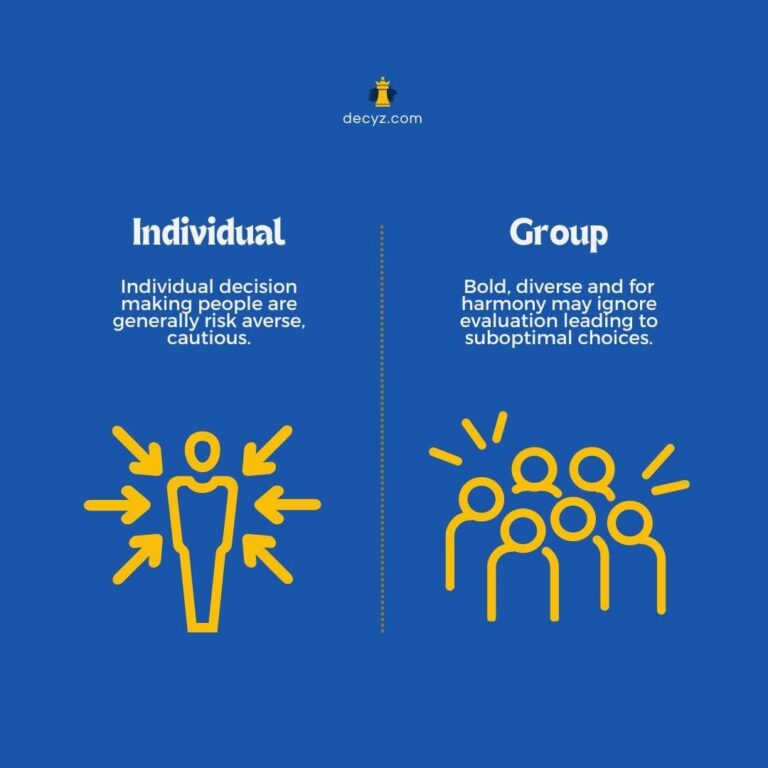Understanding the Poll Results
A recent poll reveals fascinating insights into American attitudes toward poverty and personal responsibility. According to the findings, most U.S. adults believe that individual choices significantly contribute to the persistence of poverty. This perspective has important implications for social policy and communal support systems.
Shifting Perspectives on Poverty
The prevailing narrative suggests that individuals in poverty are often viewed as responsible for their circumstances. This belief might overshadow the structural factors that contribute to economic inequality. Many respondents equated poor choices, such as failing to pursue education or employment opportunities, with the state of being impoverished.
The Role of Structural Factors
While personal accountability is a factor, numerous studies highlight the role of systemic issues in perpetuating poverty. For instance, limited access to quality education and healthcare significantly impacts one’s ability to make positive life choices. Such structural challenges often trap individuals in cycles of disadvantage, making change inherently difficult.
Implications for Policy and Community Support
If the majority of Americans attribute poverty to individual choices, there may be less political will to support policies aimed at addressing systemic inequities. This could result in underfunded programs that are critical for lifting individuals out of poverty. A deeper understanding and acknowledgment of these broader influences are essential for effective advocacy and meaningful support measures.
Conclusion
The poll reflects a critical viewpoint that merits discussion and consideration. Addressing misconceptions about poverty is vital in shaping effective policies that truly help those in need. To read more about the poll and its findings, visit the full article at Spotlight on Poverty.

